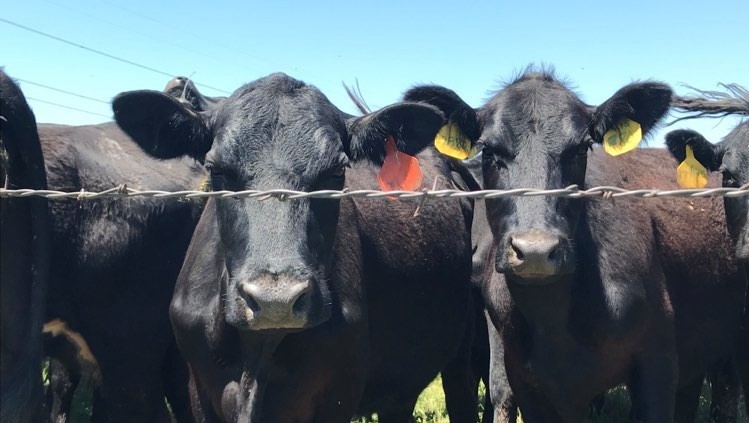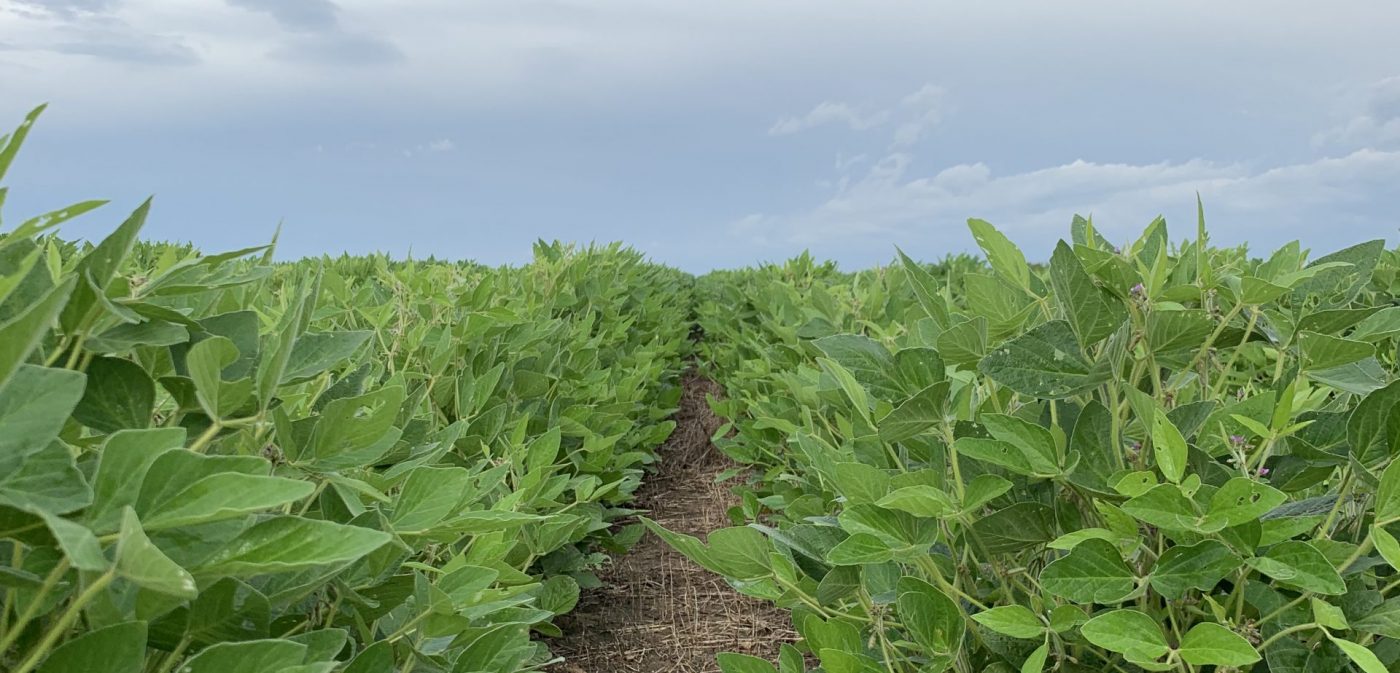
My Response to Burger King
For any of you that are not on twitter and haven’t heard about Burger King’s latest #cowsmenu campaign, let me fill you in. But before I jump into it… it’s topics like this that catch the wind and create a social media storm. These topics influenced Sarah and me to start this blog.

Alright… so here is the tweet. Sarah texted me today and asked if I had seen this and she prepared me that I was going to be angry. I’ve probably watched this video four times today and it’s not because I like it. I’ll keep my opinions to myself regarding the vocals/quality/etc. However… when it comes down to the information in the video, that’s where I cannot keep my “cool” (or so they say).
National Cattlemen’s Beef Association (NCBA) is an American trade association and lobbying group that works for American beef producers and consumers. I am a proud member of NCBA and have attended the last four annual meetings. I bring this up because NCBA’s CEO Colin Woodall responded to Burger King with the facts.

As Colin mentioned in his response letter, the methane that is produced by cattle is from burps…not farts. This has been a common misconception for YEARS!
Hang with me here, I’m going to try to be scientific but try to keep it simplistic at the same time. The ruminant stomach is a remarkable thing! There are rumen microbes in the rumen, which is one of four compartments in the bovine stomach. The microbes can break down beta 1,4 bonds which are in grasses (I promise I will talk about this more another time). This is why cows can eat grass and people cannot. This is also 100% why cows can graze grasslands that would otherwise not be utilized. I LOVE RUMEN MICROBES!!!

Burger King’s whole solution to the methane production is to incorporate lemongrass into cows diets.
Here is my rant/point #1… Burger King only addressed cows; not bulls, steers, heifers. This is a pet peeve of mine. For Burger King to act as if they know what cattle should or should not have in a proper diet but to incorrectly address the species as a whole is inappropriate. Not only is it inappropriate but it’s uneducated. Farmers and ranchers work hard and for a business to inadequately prepare themselves on the subject is unacceptable.
Point #2: Methane is produced by a bacteria called Methanogens. These bacteria are most successful at producing methane when the ruminant animal is fed a very lowly digestible diet. Essentially this means that fiber is much less digestible compared to starches. Woah… wait! Did you catch that..?! FIBER is LESS DIGESTIBLE! Lignin is another important term here. Lignin is a non-digestible compound and is considered an insoluble fiber. As the maturity of the plant increases, so does the lignin content. Therefore, adding another grass/roughage to their diet is only INCREASING the methane created by methanogens. Meanwhile, high-grain diets substantially decrease methane release as a percentage of total energy.

Methane represents a waste of nutrient energy and is a greenhouse gas (GHG). But methane is not the GHG with the highest percentage; Carbon dioxide is responsible for 81% of the GHG emissions as reported by the EPA in 2018. When Carbon dioxide is emitted into the atmosphere, it remains there for 1000 years. However, when methane is emitted it becomes part of a 10-year natural cycle. When cows release methane, the methane is in the air until the plants absorb the methane, then the cow comes along and eats the plant. In my opinion, this is amazing that cows can convert methane into protein through a natural cycle.
My third and final point: why only target “cows?” Cattle are not the only ruminants on the Earth. Just to name a few other ruminant animals: goat, sheep, buffalo, moose, elk, deer, giraffe, ibex, yak… shall I continue?!?! There are a lot of cattle but they are not the only contributing factor.
The fact that Burger King has put themselves into a position where they are making decisions about sustainability in bovine diets is not responsible. Their research is limited and inconclusive and potentially contradictive
Beef production over the last 50 years (even the last 10 years) has drastically changed. We are more efficient in relation to water usage and feed efficiency. We have reduced our carbon footprint. We have emphasized the importance of sustainability and practices that will ensure the future of agriculture.




